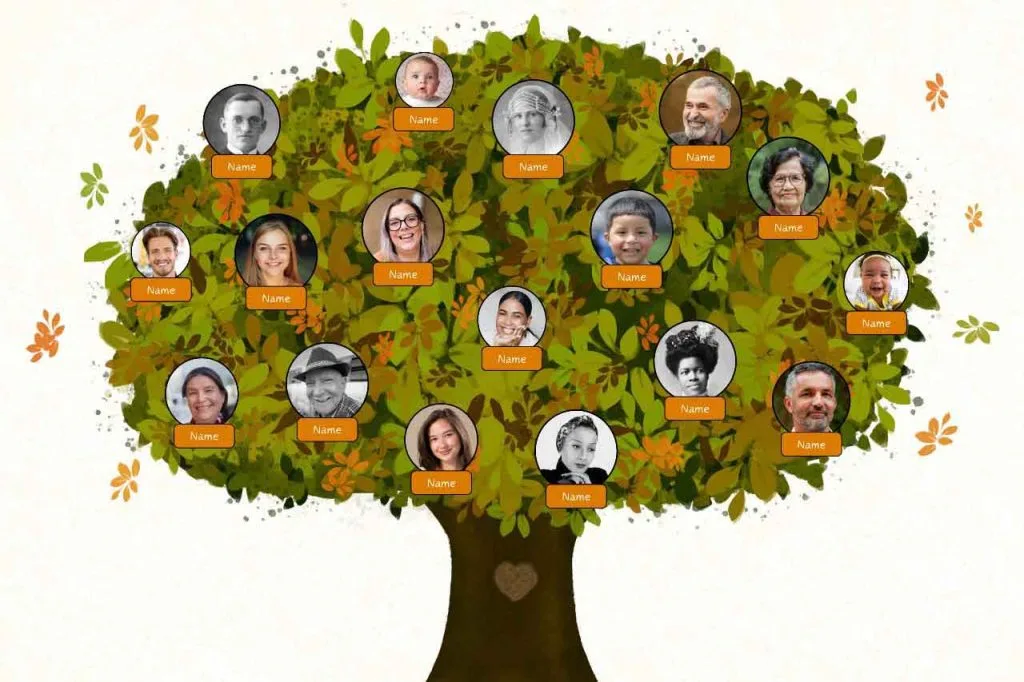Rule #1 — Never Ignore Family History

Why It Matters
Family history is a crystal ball for CRC risk. A 2022 JAMA Oncology study found that 1 in 5 CRC patients under 50 had a familial link. Take Sarah, a 38-year-old patient: Her father had colon cancer at 49, but she delayed screening until rectal bleeding sent her to the ER. Doctors found a tumor—and a genetic mutation linked to Lynch syndrome.
Key Takeaways
- Start the conversation: Ask relatives about cancers, ages of diagnosis, and polyps.
- Screen early: If a first-degree relative had CRC, begin colonoscopies at age 40 or 10 years before their diagnosis.
- Genetic testing isn’t just for “high-risk” families: 5–10% of CRCs are hereditary.
Case Study:
John, 42, avoided screening despite his brother’s early CRC diagnosis. At 43, his first colonoscopy revealed precancerous polyps. “Genetic counseling showed I had Lynch syndrome. Now I’m monitored yearly—thank God,” he says.
Breaking Down Hereditary Risks
- Lynch Syndrome: Causes 3–5% of CRC cases. Increases risk of endometrial, ovarian, and stomach cancers.
- FAP (Familial Adenomatous Polyposis): Rare but severe, causing hundreds of polyps by age 30.
- MYH-Associated Polyposis: Linked to mutations in the MUTYH gene.
The Emotional Weight of Family History
For many, discussing family cancer history dredges up grief or guilt. Dr. Teitelbaum advises: “Frame it as a gift to future generations. Knowing your risk empowers you to act.”
Think colonoscopies are optional? Think again. Click next to learn why I’d never skip this 30-minute test—and how it can prevent cancer before it starts.